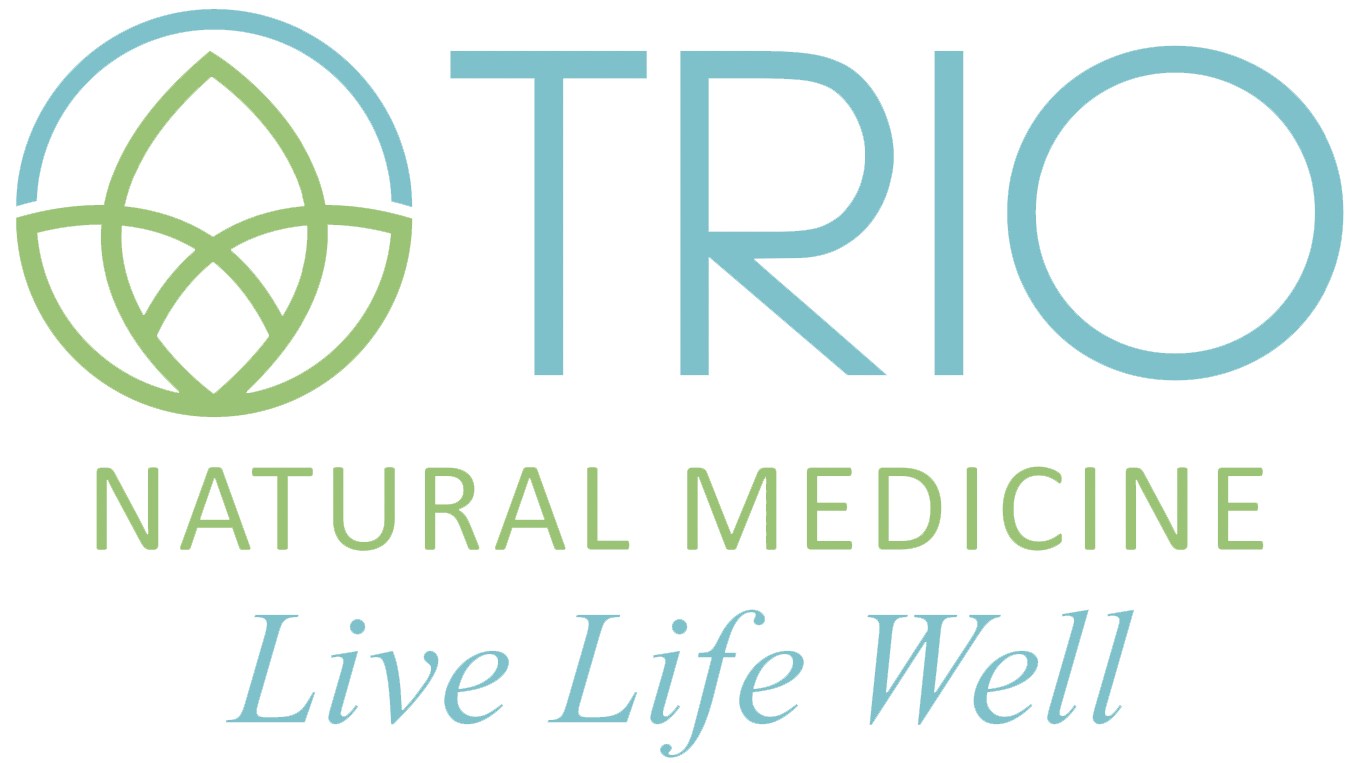Who hasn’t heard of Vitamin D?! This well-know vitamin is hailed as the “miracle nutrient” and it is just that! It does so much for your body and mind, and has a tremendous effect on most of the body systems. Benefits of vitamin D include healthy bones, a strong immune system, and improved brain function and mood. Vitamin D also pays a large role in the health of your muscles, heart, and lungs. When your immune system is struggling, this little vitamin mounts a full defense against incoming and already present infections and microbes by modulating the immune response.
IS SUN EXPOSURE ENOUGH FOR ADEQUATE VITAMIN D LEVELS?
According to the Vitamin D Council, people who live in the northern part of the United States and in Canada do not get enough hours of direct sunlight (which is the best and most natural source of vitamin D) and tend to be vitamin D deficient. But even those living in sunny California do not get the necessary amount of vitamin D from the sun alone. Although your body can make its own vitamin D from sunlight, studies have shown that people living in sunny climates actually have low vitamin D.
“The ‘epidemic’ in vitamin D deficiency is clearly not from too little sun exposure.” “Clearly solar exposure is an influence — there is no doubt about that — but you cannot predictably say that a certain amount of [sun] exposure will normalize vitamin D deficiency.”
Statement by Dr. Richard Gallo, MD chief of dermatology and professor of medicine and pediatrics at the University of California, San Diego at the American Academy of Dermatology 70th Annual Meeting.
A study conducted on men and women living in Hawaii showed that despite 3 or more hours per day of sun exposure for 5 or more days per week, 51% of the study participants actually had low vitamin D levels. The results of the study concluded that high amounts of sun exposure do not ensure adequate vitamin D levels. Therefore it is important to get your serum vitamin D levels tested at least once yearly to make sure your levels are in the optimal range of 60-80ng/ml.
One of the best ways to obtain optimal levels of vitamin D is through supplementation with Vitamin D3. The recommended dose will differ based on one’s vitamin D level in the blood, and may be anywhere from 1,000 IU to 10,000 IU per day. Most medical research has determined that a blood level of 50 to 60 ng/ml or higher is generally regarded as sufficient, but the fact of the matter is that the higher the number, the better chance your body will function at its best!
References:
1) Low Vitamin D Status despite Abundant Sun Exposure
N. Binkley R. Novotny D. Krueger T. Kawahara Y. G. Daida G. Lensmeyer B. W. Hollis M. K. Drezner
J Clin Endocrinol Metab (2007) 92 (6): 2130-2135.

